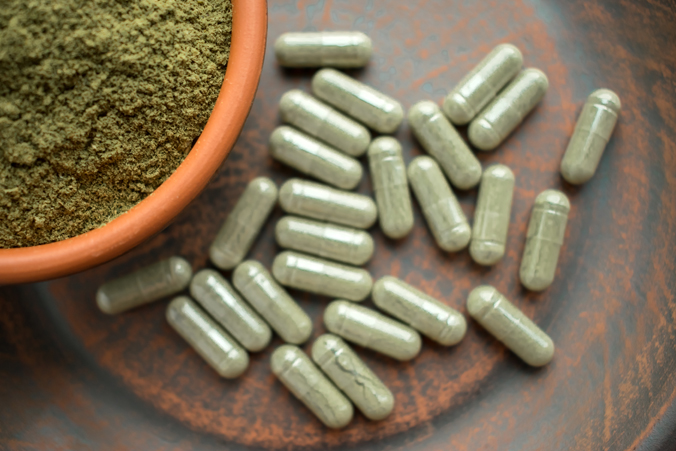Is Kratom safe for everyone to use?
Kratom, scientifically known as Mitragyna speciosa, is a tropical tree native to Southeast Asia. Its leaves have been used for centuries for their potential therapeutic effects. Recently, kratom capsules that work have gained significant attention in the West as an alternative to traditional medications.
What Is Kratom?
Kratom leaves contain active compounds known as alkaloids. The two primary alkaloids responsible for Kratom Capsules effects are mitragynine and 7-hydroxy mitragynine. These compounds interact with receptors in the brain to produce various effects, including pain relief and mood alteration.
The Mechanism of Kratom
Kratom’s mechanism of action involves binding to opioid receptors in the brain. This interaction leads to pain relief and mood changes. However, unlike traditional opioids, Kratom’s effects are milder and less likely to cause respiratory depression.

Benefits of Kratom
Pain Relief
One of the most well-known uses of Kratom is its potential for pain relief. Many individuals suffering from chronic pain have reported significantly improved quality of life after using Kratom.
Mood Enhancement
Kratom is also praised for its mood-enhancing properties. It can alleviate symptoms of anxiety and depression, providing a sense of well-being and relaxation.
Energy Boost
Certain Kratom strains have stimulating effects, making them popular among individuals seeking an energy boost. It can increase focus and productivity.
Potential Risks
Addiction and Dependency
Kratom, like other substances that interact with opioid receptors, carries a risk of addiction and dependency. Regular, heavy use can lead to withdrawal symptoms when attempting to quit.
Safe Usage Guidelines
Dosage
Determining the right Kratom dosage is essential. Start with a low dose and gradually increase it to find the minimum effective dose for your needs.
Frequency of Use
To minimize the risk of dependency, using Kratom sparingly and not daily is advisable.
Interactions with Medications
Kratom can interact with certain medications. Consult with a healthcare professional before using Kratom if you take prescription drugs.
Who Should Avoid Kratom?
Pregnant and Nursing Women
Pregnant and nursing women should avoid Kratom due to its potential effects on the developing fetus or nursing infant.
Individuals with Medical Conditions
Individuals with underlying medical conditions, especially liver problems, should use Kratom cautiously and under medical supervision.
Children and Adolescents
Kratom is not suitable for children and adolescents. Their developing bodies and brains may react differently to its compounds.
Regulations and Legality
The legal status of Kratom varies from one region to another. Some countries and states have banned its sale and use, while others have regulated it as a dietary supplement.


